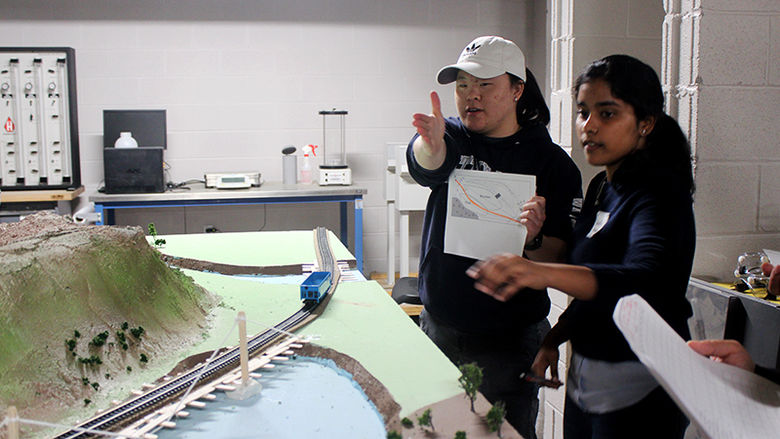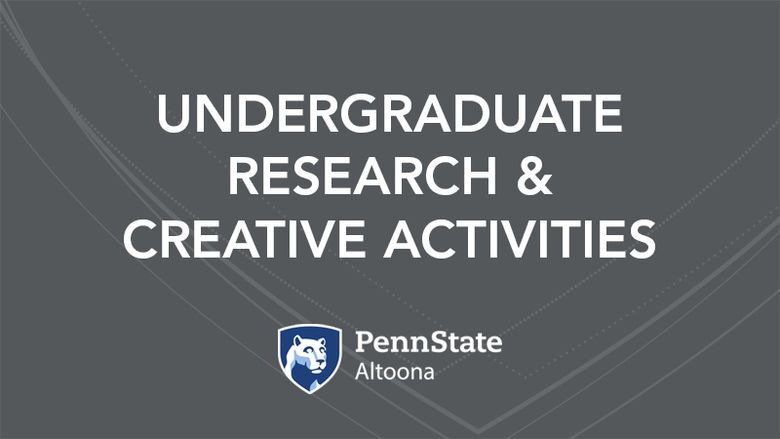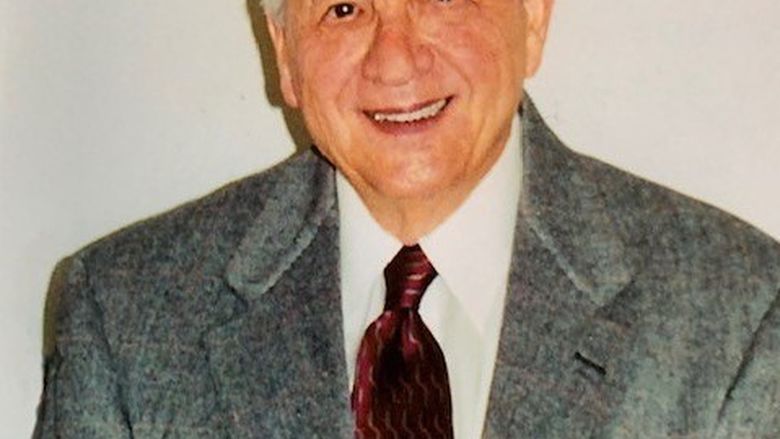UNIVERSITY PARK, Pa. — Erin C. Murphy, associate professor of English at Penn State Altoona; M. Kevin Parfitt, associate professor of architectural engineering in the College of Engineering, and Robert D. Richards, Curley Professor of First Amendment Studies in the College of Communications, have received the Alumni/Student Award for Excellence in Teaching and have been named 2011 Penn State Teaching Fellows.
The Penn State Alumni Association, in conjunction with undergraduate and graduate governing bodies, established the award in 1985. It honors distinguished teaching and provides encouragement and incentive for excellence in teaching. Recipients are expected to share their talents and expertise with others throughout the University system during the year following the award presentation.
Murphy, who teaches creative writing courses, as well as first-year composition, believes the challenge is in "finding ways to encourage students without offering empty praise and to critique works without making students feel defensive." A member of the College faculty since 2005, she is recognized for revitalizing Hard Freight, the campus literary magazine, which combines course and service credit.
One of the University's most accomplished poets, she has received numerous awards for her poetry and is the author of three books of poetry, with a fourth, Word Problems, to be published in June. One book, Dislocation and Other Theories, earned the 2008 Paterson Prize for Literary Excellence. Her mentoring of student writers has produced five publications by students in refereed journals, and two major poetry awards for her students.
A former student said Murphy's creative writing class "facilitated my ability to engineer my own reality through pen and paper. It encouraged me to depict a world through poetry, creative nonfiction and fiction, and illuminated and liberated the possibilities that world had to offer."
Parfitt, a member of the architectural engineering faculty since 1981, is cited for his supervising and teaching of the year-long capstone design sequence known as the "AE Senior Thesis Program" and for his ability to relate the course material to professional engineering practice. In 1994, he created the first AE Career Fair to bring together companies interested in recruiting students specializing in all aspects of design and construction of building. Since then, it has grown to be the largest of its kind in the United States.
In his classes, Parfitt stresses discovery and the process of learning. "Within a few years of graduation," he said, "most of my engineering students will have easily outpaced the actual practice examples I was able to introduce in the classroom, and shortly after that, they will realize that technological change is outpacing their field of knowledge unless they continue to learn. At that point I rest in the comfort that I have taught them how to learn, not what to learn."
He is the recipient of numerous awards from the Penn State Engineering Society, including the 2009 Premier Teaching Award and the 2007 Outstanding Teaching Award.
Since he joined the University faculty in 1988, Richards has taught 16 different courses, six of which he developed. His teaching philosophy is centered on the simple premise of "enjoy what you do and enjoy sharing what you do with others." His goal on teaching about the law is to focus on the people involved. "If I succeed in helping the students feel emotions for the people behind the cases," he said, "I can easily get them to understand the law that resolved the case."
Richards is recognized for founding the Pennsylvania Center for the First Amendment in 1992, and in 1995 he established the Penn State Washington Program, an educational and experiential learning semester housed in Washington, D.C. The program brings Penn State students to the nation's capital for courses taught by University faculty members and a specifically designed, semester-long internship.
Author of two books on the First Amendment, he has been honored with a number of College of Communications teaching, service and research awards. In 2007, he received the Scripps Howard Foundation Journalism Teacher of the Year Award.



